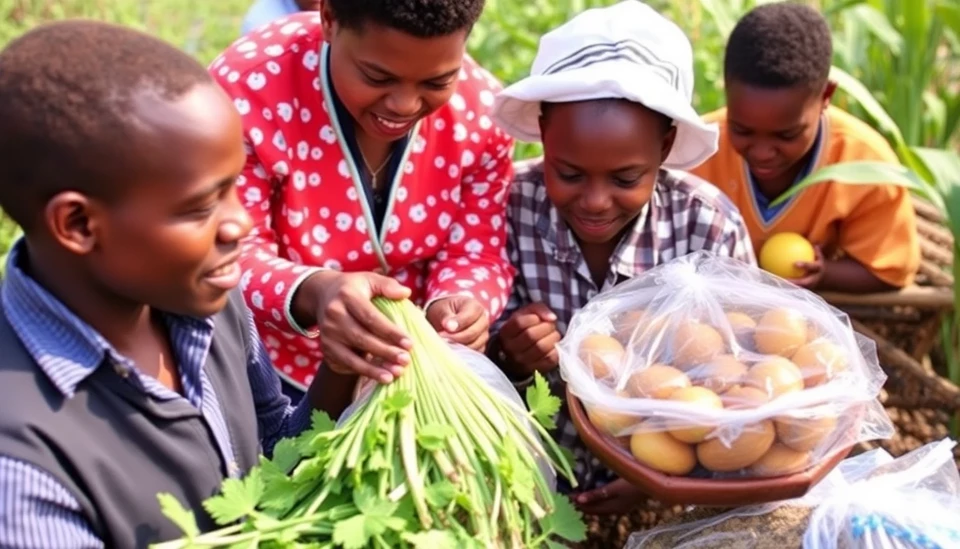
In response to rising concerns over economic indicators and the significant slump in the nation’s GDP, South Africa's government is initiating a comprehensive project aimed at enhancing the data collection processes relating to the agricultural sector. This proactive step underscores the critical role that agriculture plays in the country’s economy and aims to provide greater transparency and accuracy in agricultural statistics.
The decision comes on the heels of a challenging economic climate, characterized by a drastic contraction in South Africa's GDP which has sparked a nationwide outcry for improved information and reporting standards. Stakeholders including farmers, policymakers, and economists have been vocal about the immediate need for reliable data to inform decision-making and policy formulation. The agricultural sector, which has historically been one of the backbone industries of the South African economy, is particularly in the spotlight given its fluctuating performance and impacts on food security.
Authorities have recognized that the existing gaps in agricultural data are contributing to a broader misunderstanding of economic performance. By enhancing the data collection framework, South African officials aim to create a more timely and nuanced understanding of agricultural outputs, challenges, and overall contributions to GDP. This initiative is expected to involve collaboration with various agricultural bodies and the implementation of modern technical solutions to facilitate real-time data collection and analysis.
The South African government is keenly aware that accurate agricultural data is not only essential for domestic policy development but is also critical for attracting foreign investment. Investors typically seek out transparency and reliability in economic reporting, and thus, effective agricultural data will serve as a crucial component of the country’s broader economic recovery strategy.
Furthermore, the initiative is anticipated to foster better risk management among farmers and agricultural businesses by providing them with a clearer picture of market conditions and trends. This type of information will empower stakeholders to make informed operational decisions that can lead to increased productivity and sustainability in the agriculture sector.
While the timeframe for the implementation of these new data collection systems has yet to be outlined, stakeholders across the spectrum are awaiting further announcements. The government’s commitment to improving agricultural data is viewed as a critical step towards stabilizing the economy and promoting a more robust agricultural sector moving forward.
As the initiative develops, it will undoubtedly be a focal point for discussions on economic stability and the importance of agriculture in South Africa’s ongoing recovery journey.
In summary, as South Africa confronts the pressing challenges of a GDP slump, the enhancement of agricultural data collection is an essential step toward transparency, improved decision-making, and economic revitalization in a sector that remains vital to the nation's success.
#SouthAfrica #AgriculturalData #GDP #EconomicRecovery #Farmers #DataCollection #FoodSecurity #Investments
Author: Daniel Foster




